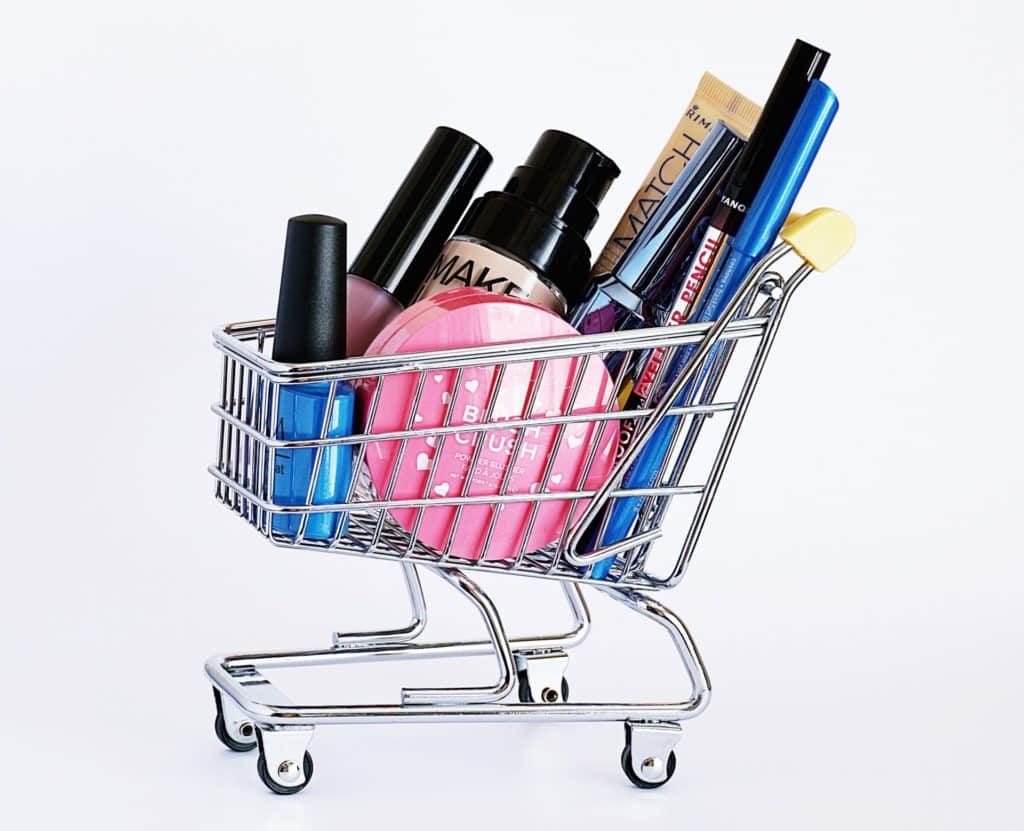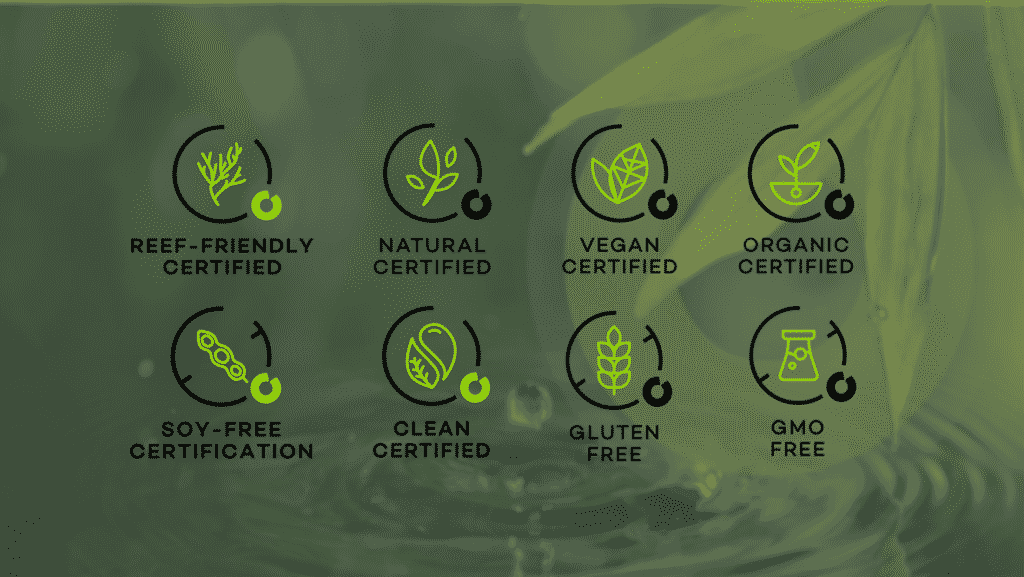A few tips for not taking any risks and complying with the European regulation
How often have cosmetics claims influenced our decision to buy a cosmetic? How often does a great marketing campaign really choose the products we buy for us? And how often do the images on the labels of a cosmetic product, or the claims of what the product can do, lead us into temptation?
The answer is likely ‘very often’
Below I will go into more detail about how important the marketing communication, or cosmetics claims, of a cosmetic product is for the consumer’s choice, how much it is regulated by the regulations and, above all, how it is of great interest to the control and inspection organizations.

DECEPTIVENESS AND COSMETIC PRODUCTS
The first advertising campaign challenged by the Istituto dell’Autodisciplina Pubblicitaria (Institute of Advertising Self-Discipline) dates back to 1969, when a Jury ruled that an anti-wrinkle product that “promised the elimination of wrinkles in 20 days” was misleading.
Miracle cream? Magic? Hope? This is misleading and deceptive.
Definition of “cosmetics”
The term ‘cosmetic product’ in the EU Cosmetic Regulation 1223/2009 refers to “any substance or mixture intended to be placed in contact with the external parts of the human body (epidermis, hair system, nails, lips and external genital organs) or with the teeth and the mucous membranes of the oral cavity with a view exclusively or mainly to cleaning them, perfuming them, changing their appearance, protecting them, keeping them in good condition or correcting body odours”.
Cosmetics can therefore “modify the appearance” of the “external surfaces of the human body” but they cannot change them completely. A cosmetic product can never make your wrinkles disappear, but it can make them less noticeable, and appear smoother and moisturized. The right product can even make us look more beautiful.
Attention to cosmetics claims!

COMMON CRITERIA AND REGULATION (EU) NO 655/2013
According to Annex I “Common Criteria” of COMMISSION REGULATION (EU) No 655/2013 of 10 July 2013 laying down common criteria for the justification of claims used in relation to cosmetic products, cosmetic products and cosmetics claims must comply with the following requirements:
- Legal compliance
- Truthfulness
- Evidential support
- Honesty
- Fairness
- Informed decision-making
Let’s look at some explanatory examples.
Truthfulness and Evidential Support
When a picture of a beautiful aloe plant is prominently displayed on the label of a cosmetic product, according to “Common Criteria” No 2 “Truthfulness”, “If it is claimed on the product that it contains a specific ingredient, the ingredient shall be deliberately present”. And, if on the same label, there is also, for example, a claim saying that aloe is present at 50%, to promote skin hydration, then, according to “Common Criteria” No 3 “Evidential Support”, “A claim extrapolating (explicitly or implicitly) ingredient properties to the finished product shall be supported by adequate and verifiable evidence, such as by demonstrating the presence of the ingredient at an effective concentration”.
Legal Compliance

I would also like to emphasize “Common Criteria” No 1 “Legal Compliance”, which informs us that “Claims which convey the idea that a product has a specific benefit when this benefit is mere compliance with minimum legal requirements shall not be allowed”. This means that we cannot claim that a product is “safe” because in Chapter III “SAFETY, RESPONSIBILITY, FREE MOVEMENT” of REGULATION (EC) No 1223/2009 OF THE EUROPEAN PARLIAMENT AND OF THE COUNCIL of 30 November 2009 on cosmetic products, Article 3 “Safety” confirms that “A cosmetic product made available on the market shall be safe for human health when used under normal or reasonably foreseeable conditions of use”. It is therefore a matter of complying with the law.
Informed Decision-Making
Last but not least, according to “Common Criteria” No 6 “Informed Decision-Making”, “Marketing communications shall take into account the capacity of the target audience (population of relevant Member States or segments of the population, e.g. end users of different age and gender) to comprehend the communication. Marketing communications shall be clear, precise, relevant, and understandable by the target audience”.
That is why it’s very important, and sometimes mandatory as in Italy and France, to translate labels into the language of the country where you market your cosmetics products.
In this regard, I would also like to point out that the cosmetic certifications offered by Biorius can easily support claims such as “Vegan”, “Natural”, “Organic”, “Reef-friendly”, “Soy-free”, “Gluten-free”, “GMO-free” and “Clean Beauty”, here is the link to our website for more information.

CONCLUSION
The services offered by Biorius strongly adhere to all the above-mentioned regulations, while offering a customized service that considers the specific needs of your cosmetics brand. As you can see, in addition to the regulations in force, it’s important to consider many other factors in advertising communication that could possibly influence, negatively or positively, the perception of the consumer.
Biorius can check your labels and claims and help you make sure they comply with the various regulations. Thanks to our team of experts, we will eliminate any risks and your products will be safe in our hands!

For more information, please do not hesitate to consult the Label Review services page at the following link and contact us:



